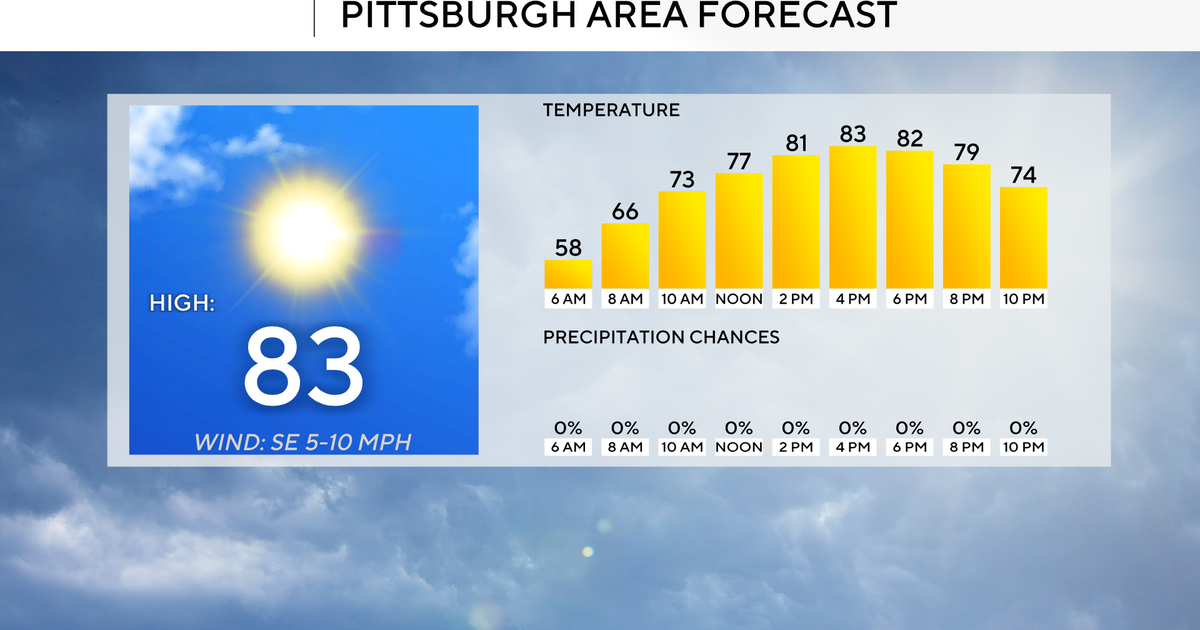Are You Getting Enough Sleep? Probably Not
PITTSBURGH (NewsRadio 1020 KDKA) - This week is sleep awareness week, which leads us to ask: How much sleep do you really need?
No matter how much you're getting, chances are you're not getting enough.
KDKA Radio's Larry Richert and John Shumway talked to sleep expert Dr. Philip Gehrman to find out what the effects of not getting enough sleep are on your body and what happens to it when you sleep.
Dr. Gehrman says that the average adult needs around eight hours.
"We need somewhere close to eight hours of sleep to be fully rested during the day although there is variability from one person to another," he said.
He points out that some need more and some need less.
Additionally, your body goes through four sleep stages while you slumber.
Stage one is when your body is starting doze off, leading you into a deeper sleep.
Dr. Gehrman says it's a transition stage and that we don't spend a lot of time in stage one. He says the type of sleep you get is, "very light."
Stage two is known as a transition stage when your body goes from a light sleep to a deep sleep.
After that, Gehrman says stage three is where you get the deepest sleep of the night. It's also where your body recuperates and your energy is restored.
Stage three is important, but Dr. Gehrman says, "We also need a good amount of our R.E.M. sleep as well."
This is the stage where most dreaming happens. R.E.M. sleep can be looked at as a way for our body to file and short what we took in during our time awake.
You can think of R.E.M., or stage four sleep, as a computer filing our memories.
"Our brain's reviewing what happened the day before. Taking that new information and strengthening the memories of the things we want to hold on to and filtering out the information that's not worth holding on to," explains Gehrman.
When it comes to napping Gehrman says that, "Research has actually suggested that it's the power naps that are the most effective for 15-20 minutes." He adds getting too deep into sleep can make you feel worse if you are trying to nap during the day. "Keeping it brief is the way to go."
Gehrman says that research is showing that lack of sleep is, "not good for your brain."
A full night's rest helps you keep your brain working at full capacity.
Dr. Philip Gehrman
Listen to the KDKA Morning News with Larry Richert and John Shumway weekdays from 5 to 9 a.m. on NewsRadio 1020 KDKA.
RELATED LINKS:
More From NewsRadio 1020 KDKA
Like NewsRadio 1020 KDKA On Facebook
Follow NewsRadio 1020 KDKA On Twitter



